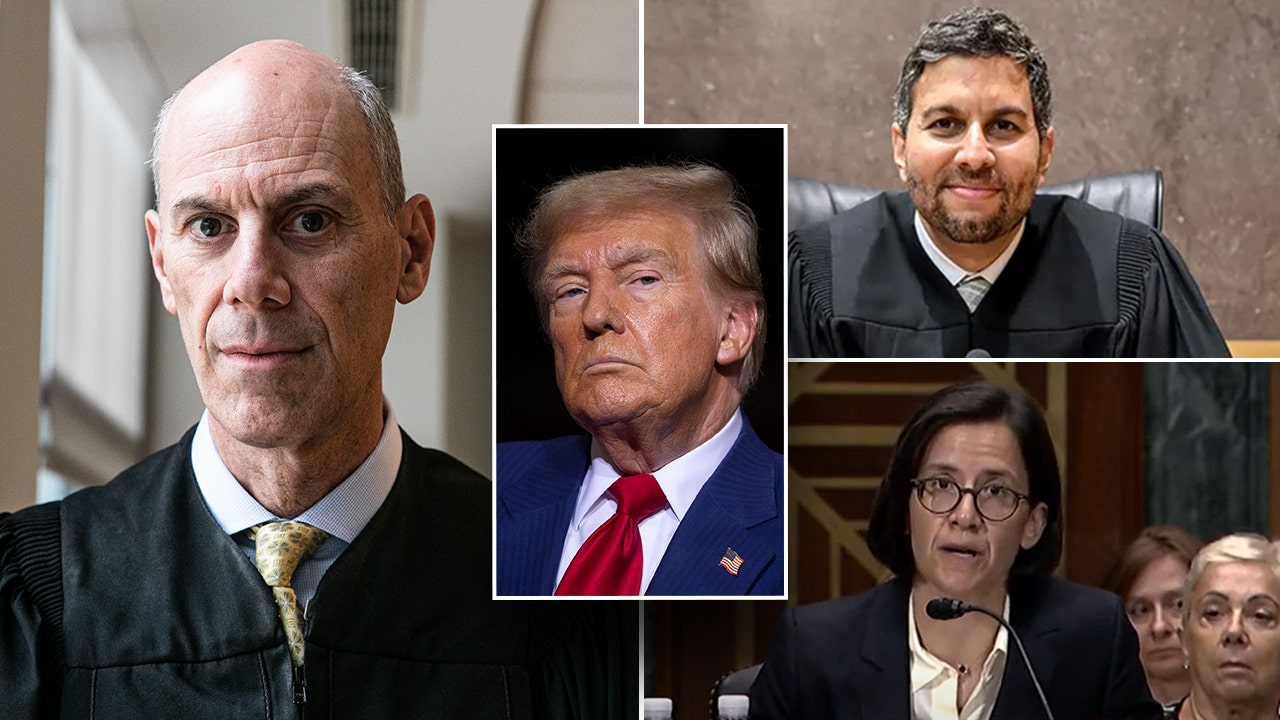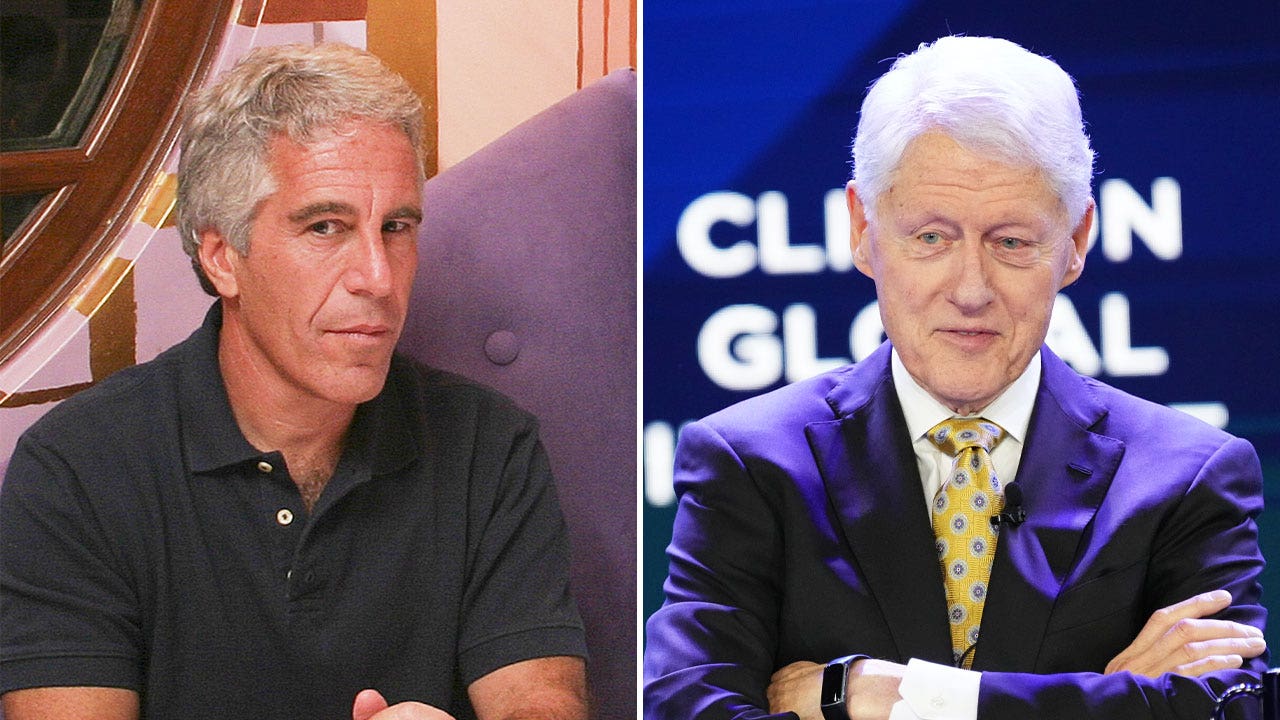Judicial branch is behaving ‘erroneously,’ according to the White House

The White House press secretary, Karoline Leavitt, has criticized the judicial branch for behaving erroneously and acting as partisan activists following several judges blocking various executive orders from President Donald Trump. In a news briefing on Wednesday, Leavitt expressed her concerns about judges in the country acting in a partisan manner from the bench.
One of the recent instances was when Judge James Boasberg from the United States District Court for the District of Columbia issued an order to halt the Trump administration from deporting migrants allegedly part of the Tren de Aragua gang under the Alien Enemies Act of 1798. However, despite the order, flights carrying the migrants continued to El Salvador. Leavitt argued that the order had no lawful basis as it was issued after the flights had already departed from U.S. airspace.
President Trump called for Boasberg’s impeachment in a social media post, which led Supreme Court Chief Justice John Roberts to issue a rare statement condemning Trump’s remarks. Roberts emphasized that impeachment is not an appropriate response to disagreement concerning a judicial decision, a principle that has been established for more than two centuries.
In response to these events, Leavitt called for the Supreme Court to rein in judges who are behaving as partisan activists and undermining the judicial branch. Efforts to impeach Boasberg have also been initiated in Congress by Rep. Brandon Gill, who accused Boasberg of high crimes in a social media post.
Leavitt highlighted the concerted effort by the far left to judge shop and pick judges who act as partisan activists from the bench to derail President Trump’s agenda. She emphasized that the mass deportation campaign will continue despite the ongoing litigation on the case concerning the deportation of illegal immigrants to El Salvador.
Boasberg has requested more details from the Trump administration regarding the timing of the deportation flights, and the administration has until Thursday to respond. Trump has signed over 90 executive orders since returning to the White House, leading to more than 125 lawsuits against his administration.
Despite the legal challenges, the odds of impeaching a judge are slim as it would require 67 senators to vote for a conviction, and Republicans currently only hold a majority of 53 lawmakers in the upper chamber. Trump has stated that he has never defied a court order and wouldn’t, but criticized the judicial system for having “crooked” judges.
In another legal setback for the Trump administration, Judge Ana Reyes blocked Trump’s executive order to bar transgender individuals from serving in the military, stating that the ban was soaked in animus. The injunction takes effect on Friday, allowing the Trump administration to appeal the decision.
Overall, the ongoing clashes between the Trump administration and the judiciary highlight the tensions between the executive and judicial branches of government. The legal battles and criticisms from both sides underscore the challenges in maintaining the balance of power and upholding the rule of law in the United States.




